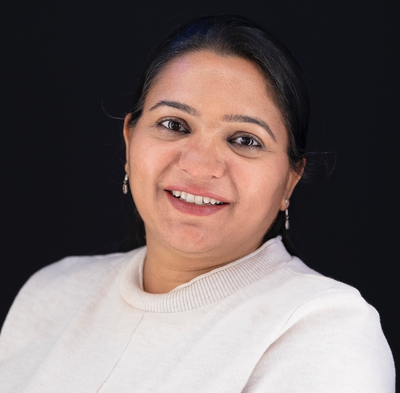Driving digital health in the cognitive age
As AI advances, could human cognition be on the chopping block of obsolescence? By John Nosta’s measure, the future may depend on how we ask questions to machines.

The inaugural edition of WHX Tech in Dubai didn’t just highlight the new and emerging technologies but also discussed at length the implications of wider and fast adoption of artificial intelligence powered products and solutions. John Nosta, founder of NostaLab and one of digital health’s most vocal evangelists, looks at AI as not just a passing tool but as a cognitive shift. “I want to use your brain, and I want you to think,” he told the audience. “That’s what large language models are doing along the path. They don’t just give answers, they provoke us to ask better questions.”
Interestingly, Nosta drew a sharp line between the promise of innovation and its darker twin, obsolescence. “Every new technology carries with it the seeds of making the old redundant,” he said, recalling the once-coveted 38-inch televisions now discarded at landfill sites. But this time, the stakes are higher. “For the first time in history, human cognition itself is on the obsolescence chopping block. How do we manage that?”
Putting a spotlight on hospitals, Nosta said a doctor traditionally has worn the mantle of authority. “A stethoscope draped over the shoulders is like a prayer shawl. It says, ‘I am the smartest person in the room',” Nosta observed. But what happens when AI challenges that primacy? His answer lies in a new metric alongside IQ and EQ: technology quotient, or TQ. “Your ability to assimilate technology into your life, right from a Zoom call with your child’s teacher to reading an EKG, is an independent arbiter of success,” he argued.
Faster, better, and fun
To explain AI’s cognitive role, Nosta likened large language models to Waze, the navigation app. “Waze does three things: it gets you there faster, better and here’s the third one people forget, you enjoy the ride.”
In medicine, he said, that could mean restoring joy to practice long weighed down by clunky electronic health records. “Clinicians may rediscover the joy of medicine because iterative intelligence, the interplay between doctor and machine, stimulates the genius within the clinician.”
Knowledge delivered the way you understand
Knowledge, too, is being reshaped. Textbooks such as Harrison’s Principles of Internal Medicine, once the gold standard, represent fixed maps of information. By contrast, large language models create dynamic webs tailored to individual learners. “If I ask how to cook a soufflé, but I want it explained through football analogies because that’s what I understand, AI can do that,” Nosta explained. “That knowledge has never existed before. It’s created uniquely for me.”
This, he said, heralds a move from patient centricity, which is often a buzzword borrowed from marketing, to learner centricity, where education is customised for doctors, patients, or schoolchildren. “Large language models make learning faster, better, and fun,” he said. “They make us lifelong learners and in today’s dynamic marketplace, the ability to learn and change is critical.”
The limits of machine intelligence
Nosta also talked about AI’s fragility. While human intelligence adapts under pressure, machines stumble. The surgeons, for instance, continue working even when a fire alarm goes off in an operating theatre, whereas large language models are extraordinarily fragile. “The error rates spike when they are confronted with unexpected inputs. They don’t operate in time, they don’t have feelings. They are fundamentally different from human intelligence. Not worse, not better, just different.”
A new role for humanity
The final reckoning, Nosta suggested, may come not in AI’s computational supremacy but in humanity’s emotional resilience. “Maybe by deferring cognition in the context of IQ, humanity might emerge in a new place, where we see each other with a new level of engagement and unity,” he reflected.
The machines may dominate raw processing, but the human edge could lie elsewhere. “In the end, large language models don’t think; they process information in high-dimensional statistical grids. But they do something profound: they tap into the creative frequency of our brains. And that is the ultimate magic of technology,” Nosta concluded.
Ready to transform your healthcare investments? Discover breakthrough technologies at WHX Tech, our exclusive industry-changing summit. Sign up now to be a part of the journey!

WHX Tech
Sep 14, 2026 TO Sep 16, 2026
|Dubai, UAE
Join us at WHX Tech in Dubai—where digital healthcare innovation meets real-world impact. WHX Tech brings together healthcare leaders, tech innovators, and investors to tackle the industry's biggest challenges and shape the future of healthcare.


